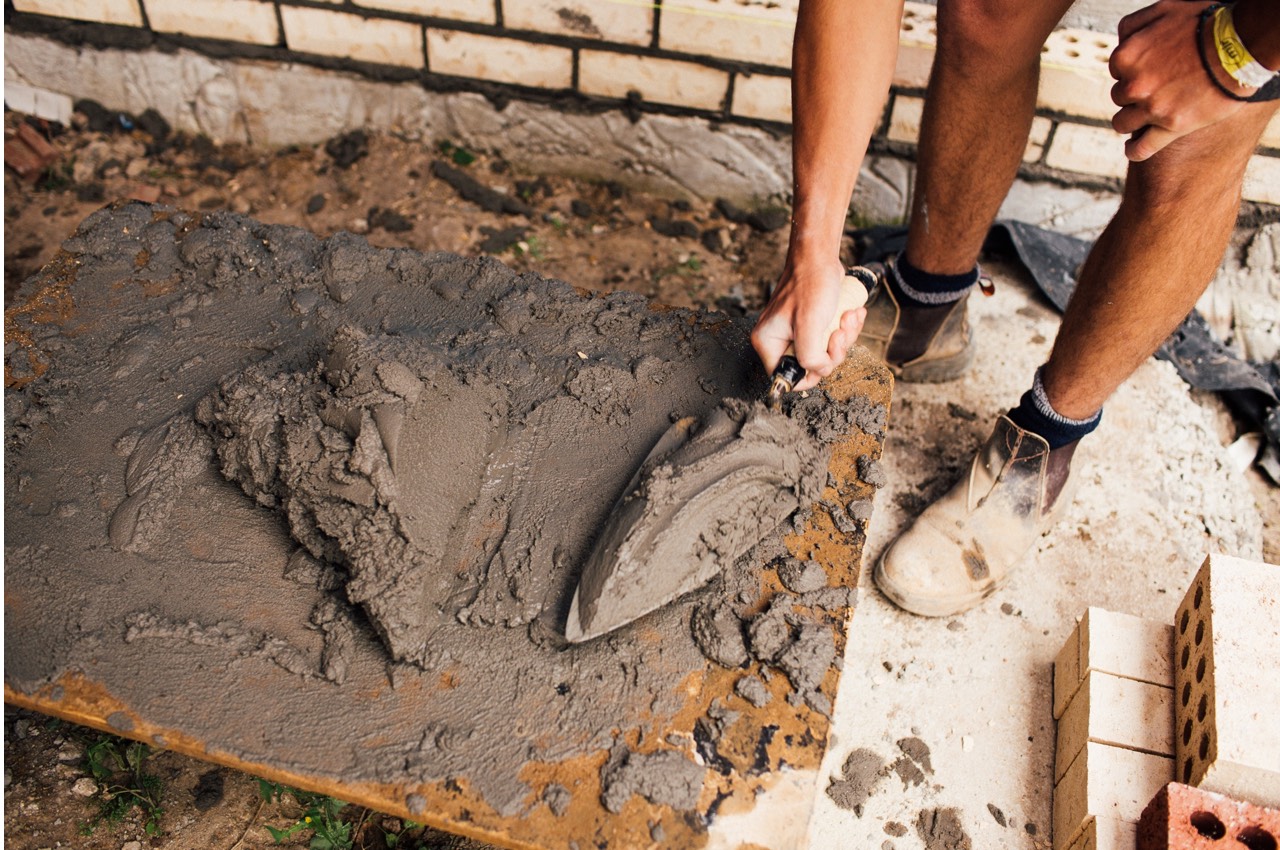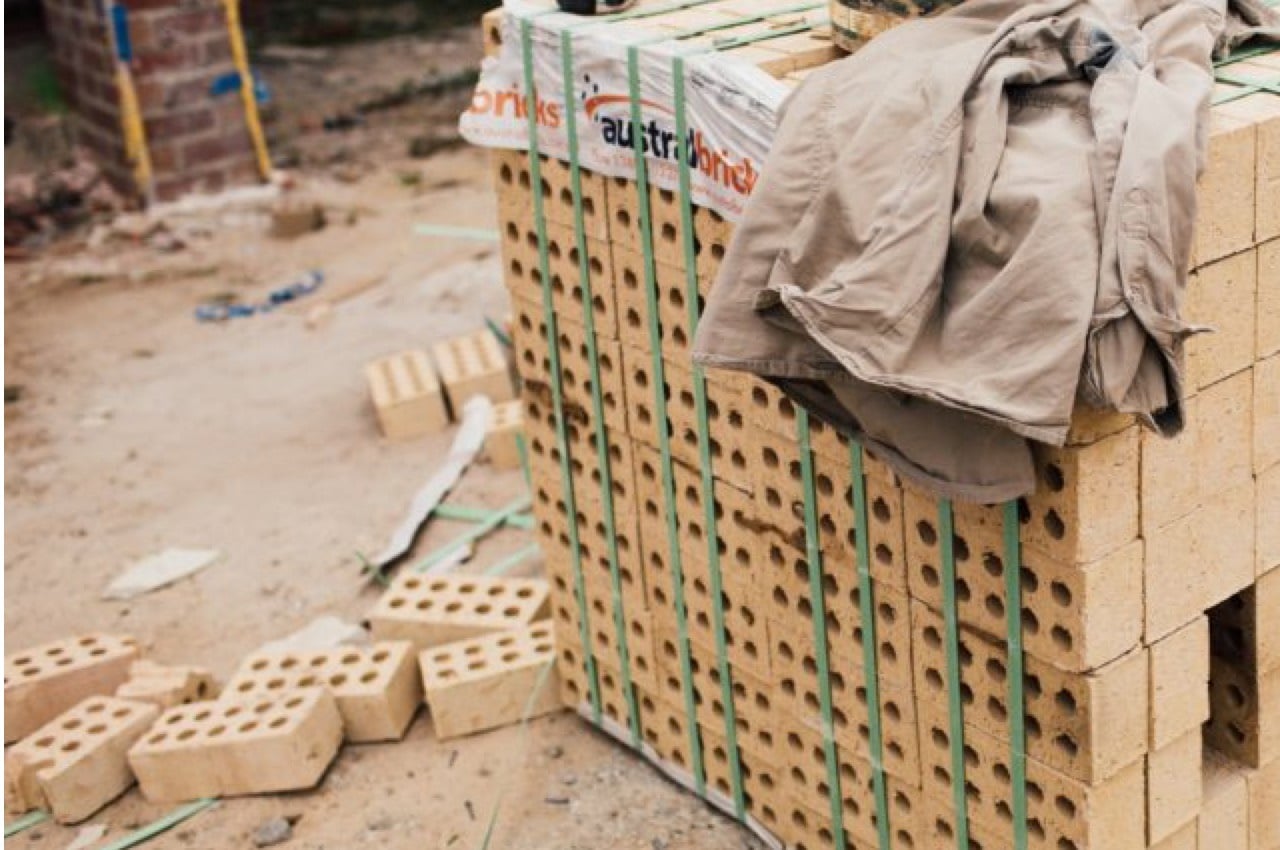Laying Foundations of Success as a Bricklayer

Have you been thinking about how to become a bricklayer?
Bricklaying is a diverse profession, and one where skilled tradespeople can elevate themselves above their competition.
More than simply cutting and laying bricks, concrete and paving, there are a number of skills and tasks that bricklayers display on a daily basis.
Although the foundations can be learned through building and construction courses, it’s not until you’re onsite that much of the learning begins.
As a bricklayer, you could find yourself building someone’s home from the ground up, undertaking repairs, maintenance or renovations, or helping out on commercial projects.
It’s about refining those foundation skills to perfection, so you can make the most of your experience—combined with further building and construction courses—to build a promising career.

Precision is Key
Being a successful bricklayer hinges on being meticulous, with a strong eye for detail.
These are the innate qualities that you won’t learn from building courses online.
As well as the hands-on cutting and laying of materials, which must be precise in order for the structure to be sound, bricklayers are responsible for transforming plans into a finished product.
This involves the ability to conceptualise and interpret plans, to measure accurately, and finally, to carefully cut, lay and bind bricks together. Being able to anticipate obstacles and problems in the future is also a key skill to strengthen the projects you work on.
For example, you might notice that the materials purchased will deteriorate in an outdoor environment.
Having the experience and foresight to see these issues before they happen can not only save you time and effort, but also help to build trust and long-term relationships with other trades and clients alike.
When you take a course like the Certificate IV in Building and Construction CPC40120, you’ll get expert insight and a head start on what to look out for when you start your apprenticeship.
Building Working Relationships
If you’re wondering how to become a bricklayer in the first place, here’s the answer: most bricklayers start out as apprentices, learning on the job from a qualified professional.
This means that in order to succeed from day one, you must be able to take instruction, to learn by doing, and to get on well with those around you.
On larger commercial jobs, you may be working alongside a team of bricklayers under a tight deadline.
For small residential projects, you may be given sole responsibility of a smaller project as you move through your apprenticeship.
Switching between autonomous work and large teams with ease will see you progress in your career faster.
If you decide to undertake a building and construction certificate, you’ll get an insight into what people in the industry are like and their expectations of apprentices at the start of their careers.

Embracing the Challenges of the Job
Each job that you work on may be different, and you should try to be ready for each new situation, whatever it may be.
One day you might be working from 20 floors up.
The next, you might be working in extremely hot weather, or pouring rain.
With many jobs being outdoors, being prepared for working in the elements will help you to work at a professional standard in any situation.
One thing that will be certain on any job, is that you’ll need to be strong and physically fit to complete the manual labour requirement of the project. Hauling materials, climbing scaffolding, and working from angles are all part of being a successful bricklayer.
Keeping an Eye on Your Next Step
Many people who start out as bricklayers choose to build upon their skills and further their careers.
You might consider how you can gain recognition from industry awards to catapult you up the ranks.
Perhaps you’ll look to learn from a mentor about how you could one day start your own bricklaying business.
One thing is certain: if you’re looking to improve your skills and reach that next point in your bricklaying career, further study is an essential component.
Building courses online can be a great next step to get extra qualifications in while you’re working, as you can complete them when it suits you.
Investing in Yourself
Ongoing training is a must for anyone with their sights set on management, their own business, or branching out from bricklaying.
It might be that you would like to add a building qualification to your resume, so that you can take on more responsibility.
Within the building and construction industry, you could specialise in stonemasonry, or chimney building, where your higher skills would be in higher demand.
A Certificate IV in Building and Construction CPC40120 can help you to reach these personal goals.
Building and construction courses like these are often flexible to your needs, so you may be able to study out of hours or take building courses online to fit around your current workload.
Looking at your future doesn’t necessarily mean taking time off to study—often you can study while still gaining an income, putting your new skills to use right away.
